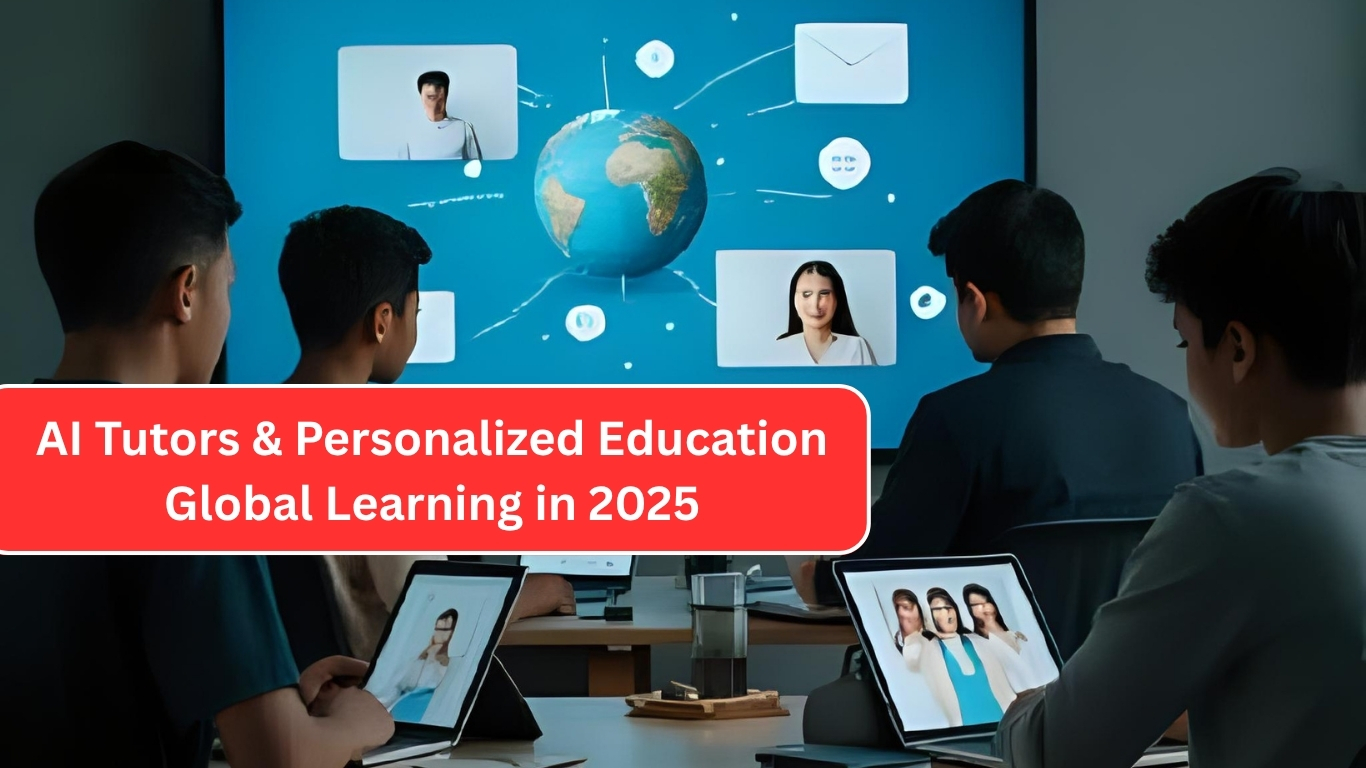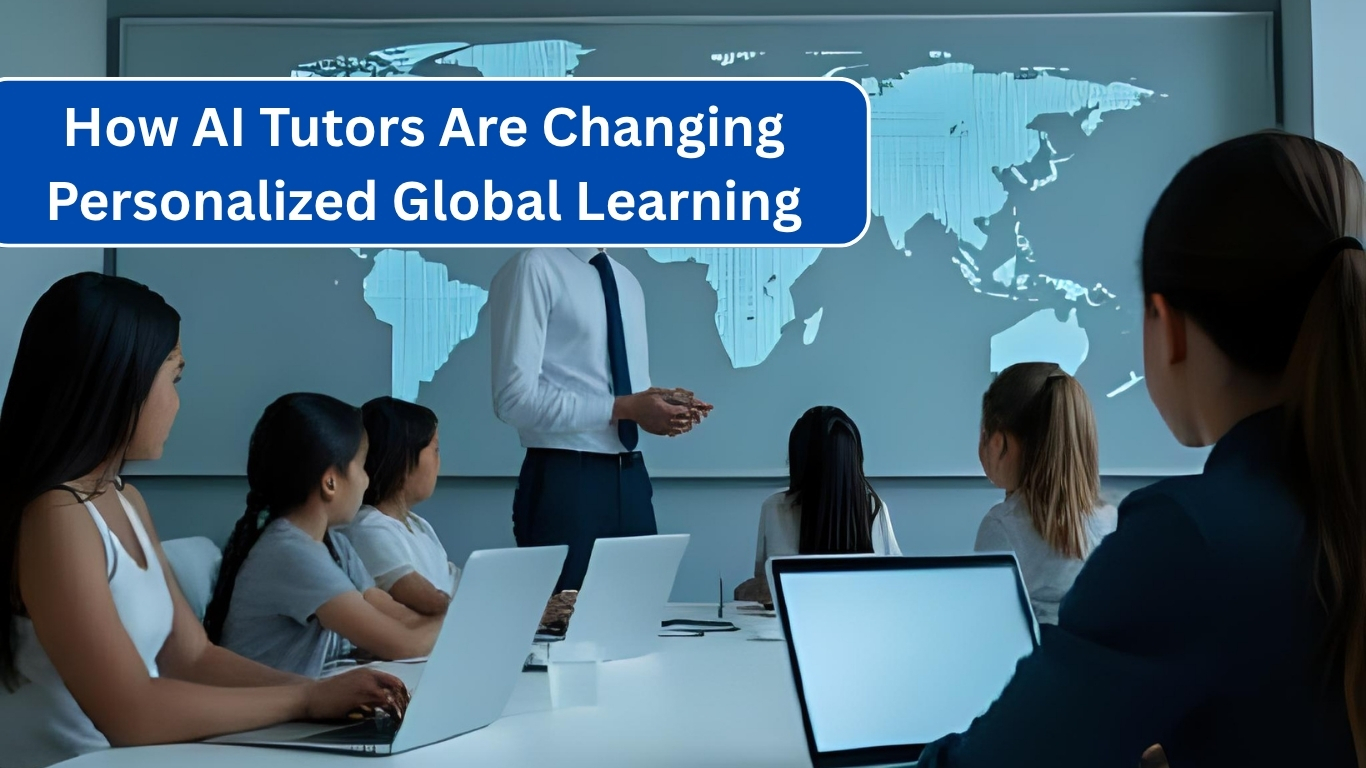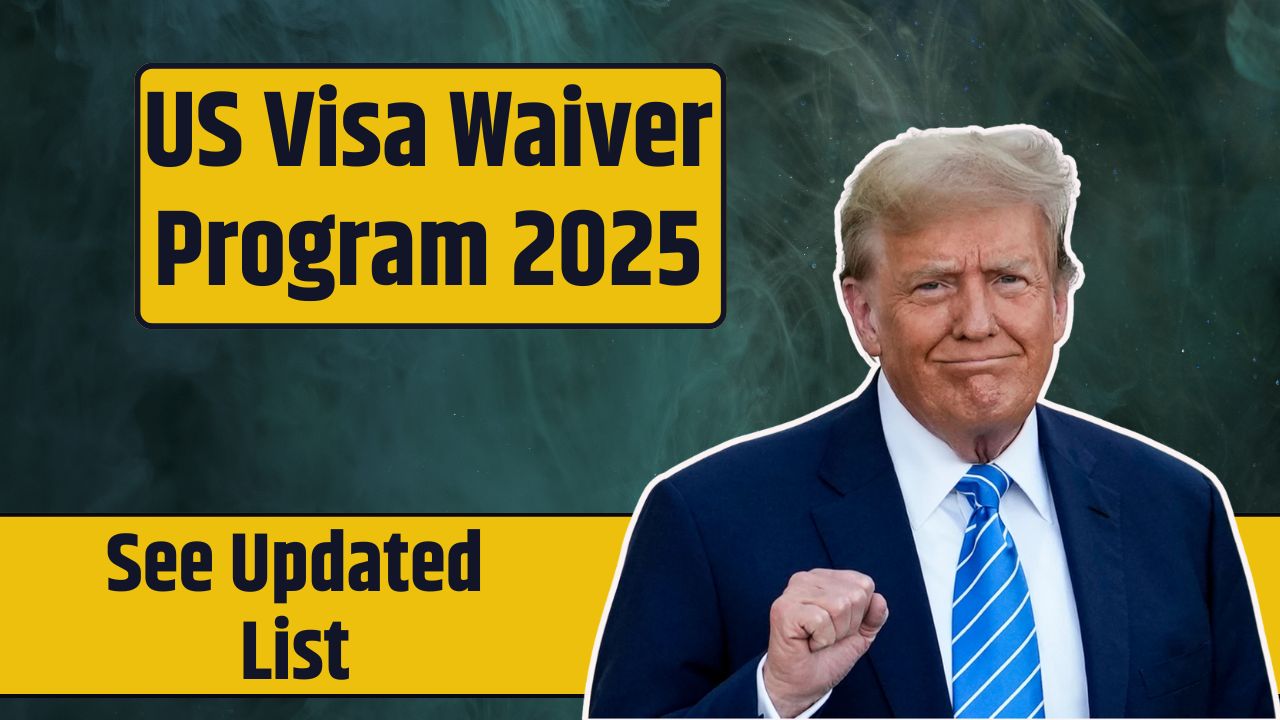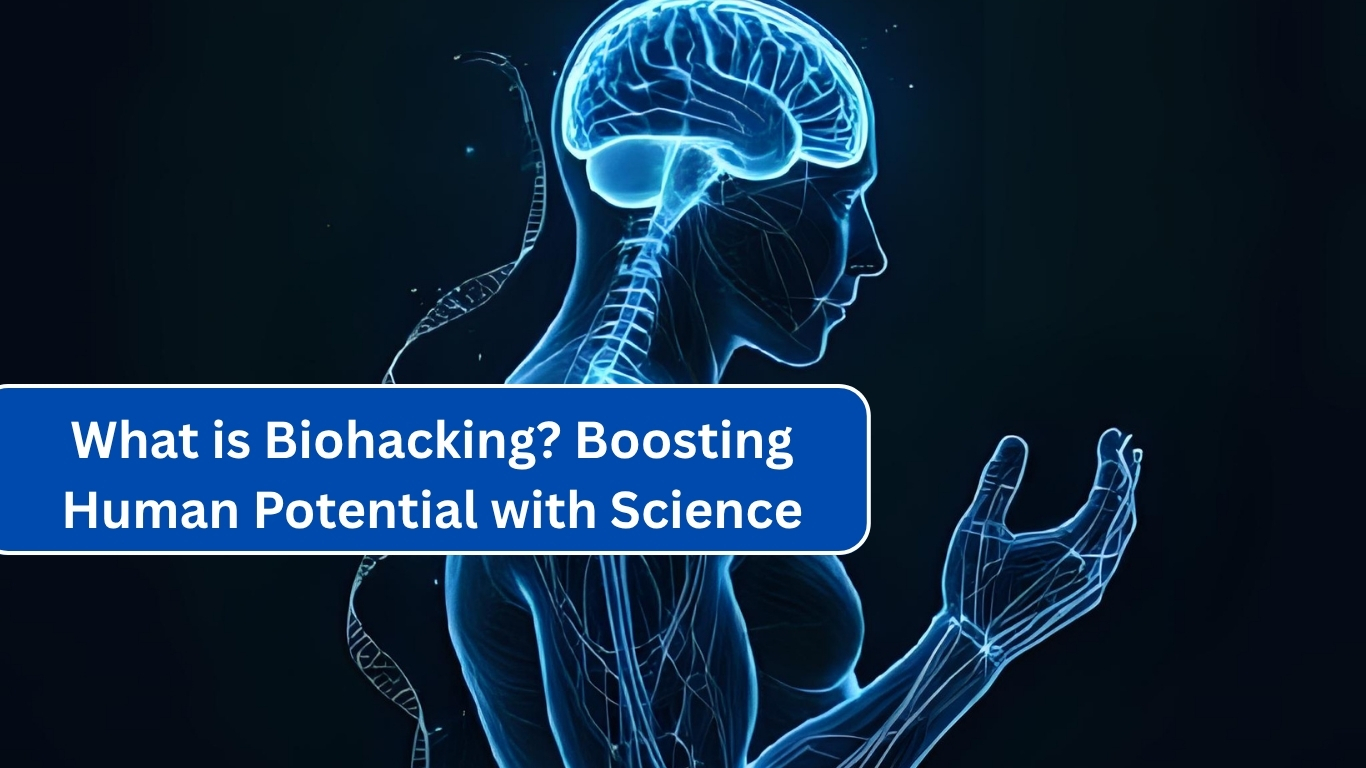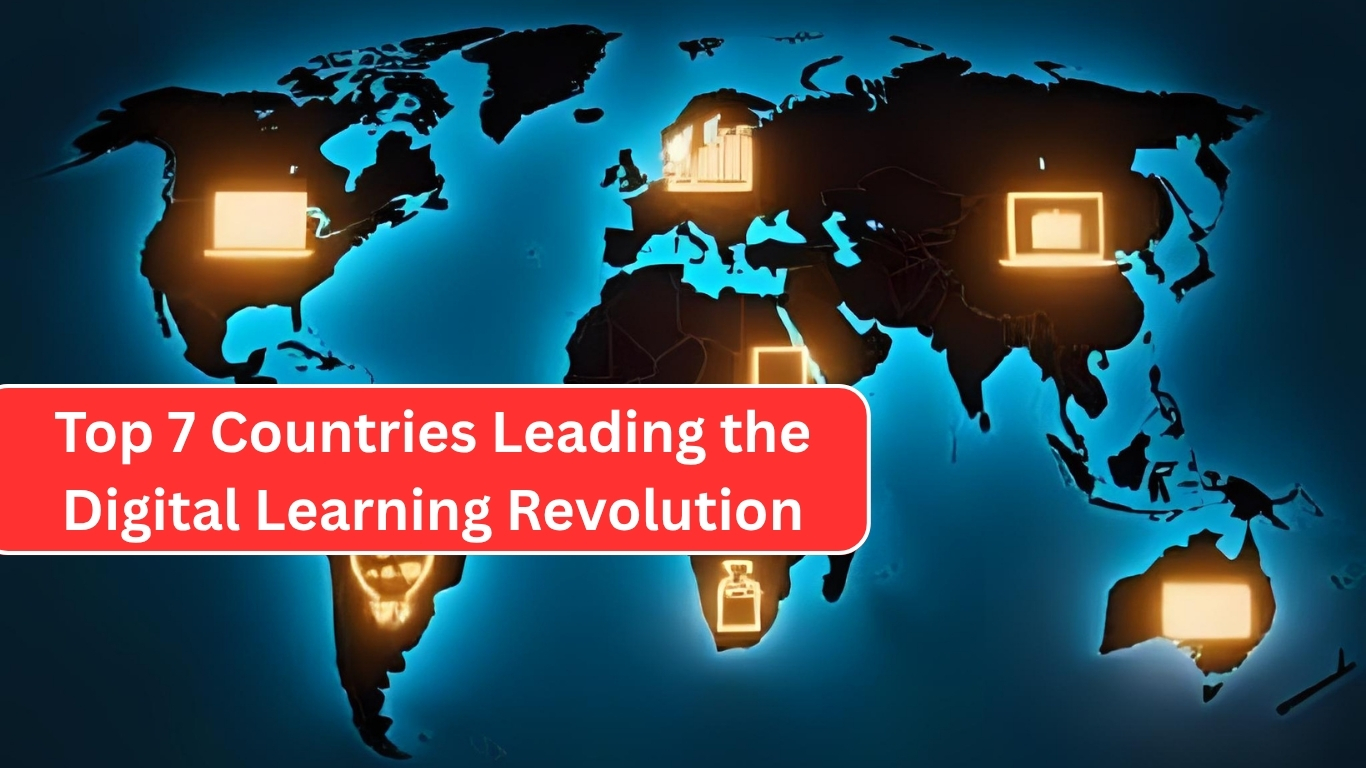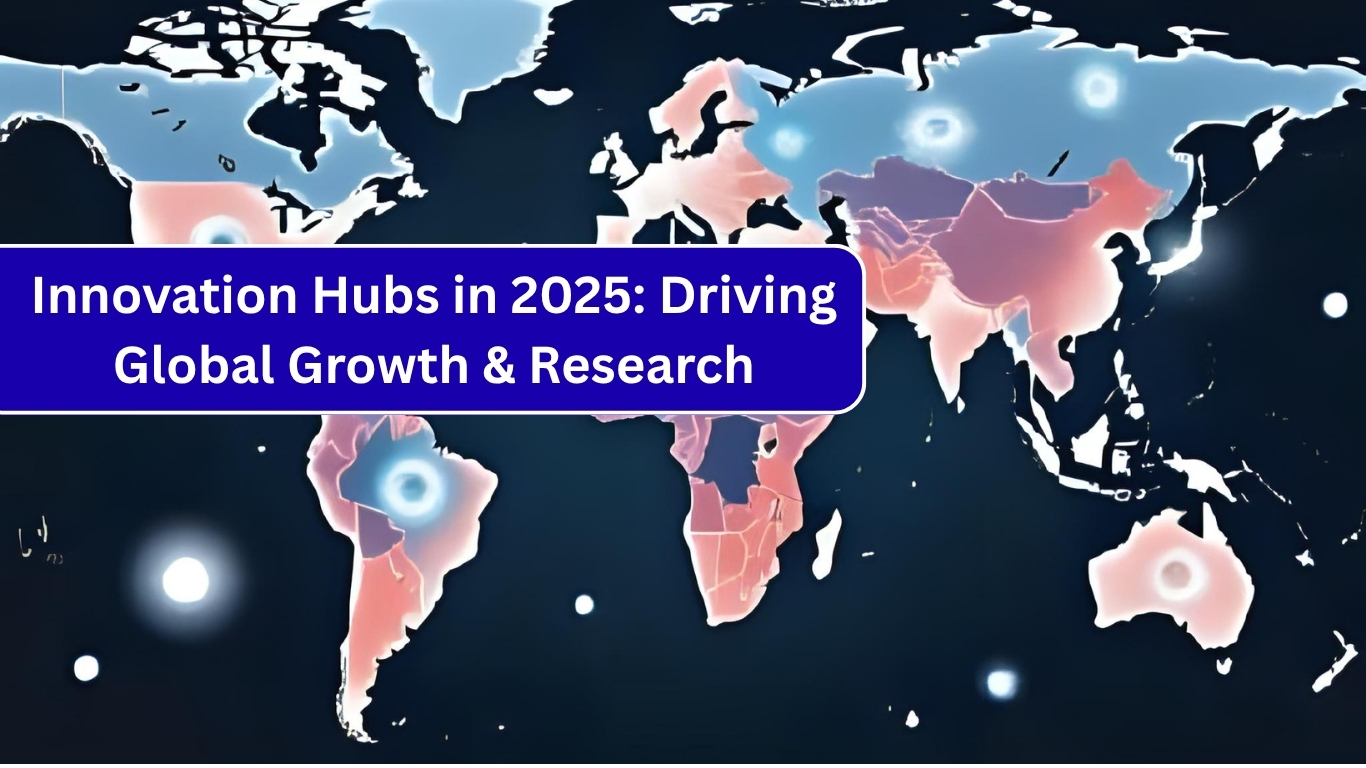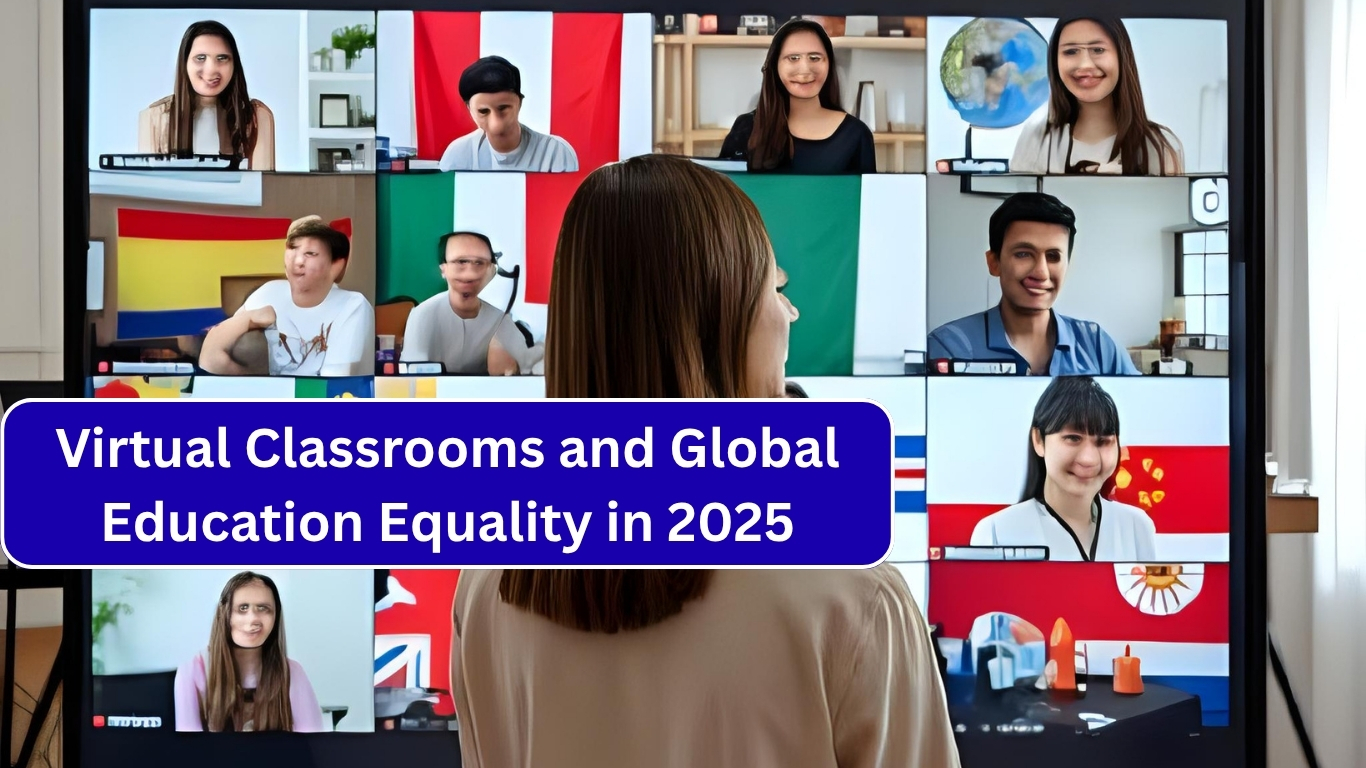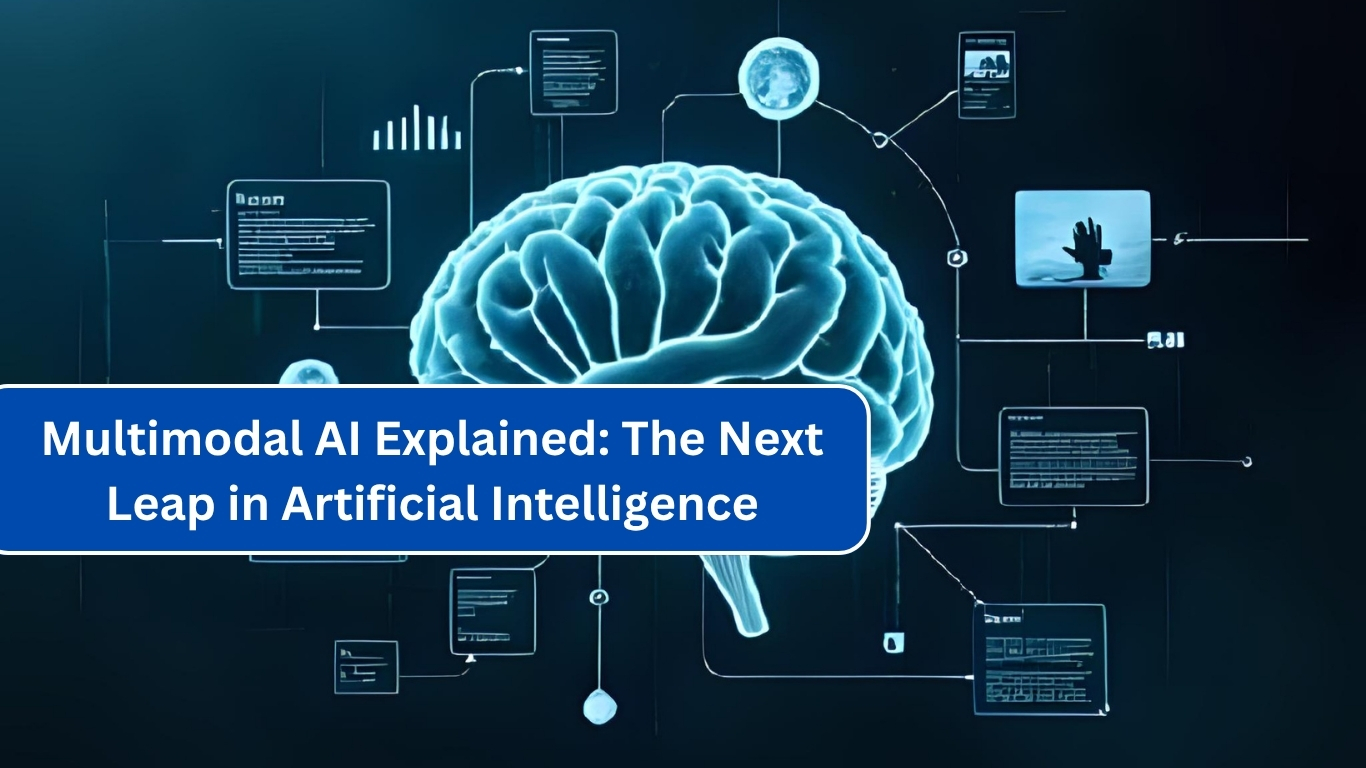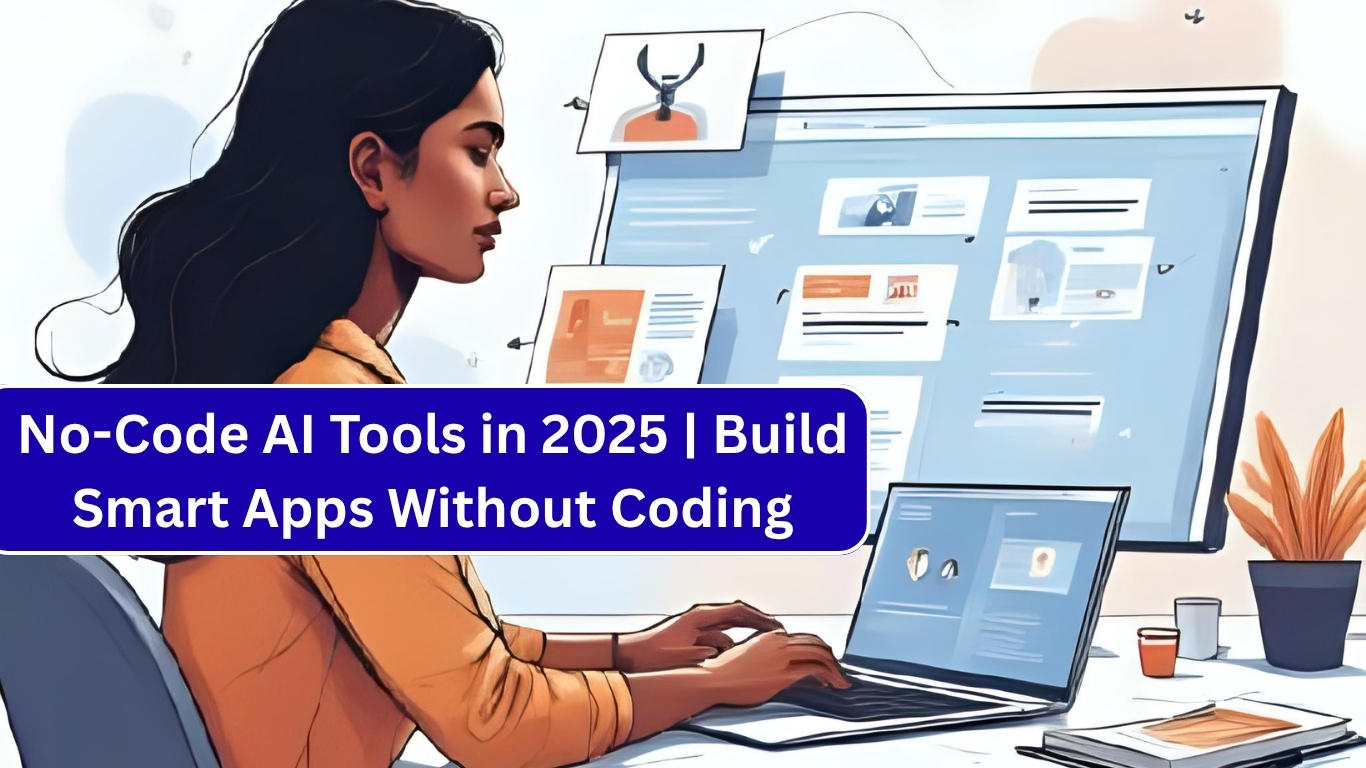Imagine a tutor who never gets tired, adapts instantly to your learning pace, and is available anytime, anywhere. In 2025, this is no longer sci-fi—it’s everyday reality. AI tutors are reshaping how students around the world access and experience education.
Let’s explore how AI tutors are playing a critical role in personalized global education and what it means for the future of learning.
1. What Are AI Tutors?
AI tutors are software systems powered by machine learning that offer real-time instruction, feedback, and adaptive learning tailored to individual student needs.
They can:
- Explain concepts in different ways
- Track student progress
- Recommend next steps and practice problems
2. Why AI Tutors Matter Globally
AI tutors break barriers like:
- Geography: Access quality instruction in rural or underserved areas
- Language: Translate and simplify content in real time
- Cost: Offer free or affordable support at scale
They support equity and global access in ways traditional systems often can’t.
3. Personalized Learning at Scale
AI adapts to how a student learns—offering custom pacing, difficulty levels, and review prompts.
Benefits:
- Higher retention and motivation
- Real-time diagnostics on weak areas
- Encouragement through gamified feedback
Tools Leading the Way:
- Khanmigo (by Khan Academy)
- Squirrel AI (China)
- Google’s Read Along AI
4. Enhancing, Not Replacing, Human Teachers
AI tutors complement educators—not compete with them. They free up time for teachers to focus on emotional support, project-based learning, and creativity.
Key Roles of Teachers:
- Curate AI content
- Interpret AI insights
- Coach social and collaborative skills
5. Challenges and Ethical Considerations
- Data privacy: How student data is collected and used
- Bias in algorithms: Cultural and language fairness
- AI over-reliance: Need for balance with human interaction
Solutions Emerging:
- Transparent AI design
- Government guidelines (UNESCO, EU EdTech ethics)
6. The Future of AI Tutoring in Global Classrooms
By 2030, expect:
- Multilingual AI tutors in all major learning platforms
- Emotion-aware AI to adjust based on student mood
- More hybrid classrooms blending AI with peer learning
Conclusion AI tutors are becoming essential tools in the push for inclusive, high-quality education worldwide. By offering personalized pathways and scalable access, they’re leveling the playing field for students from every background.
As long as ethics and human guidance stay central, AI will be one of the most powerful allies in global education.
